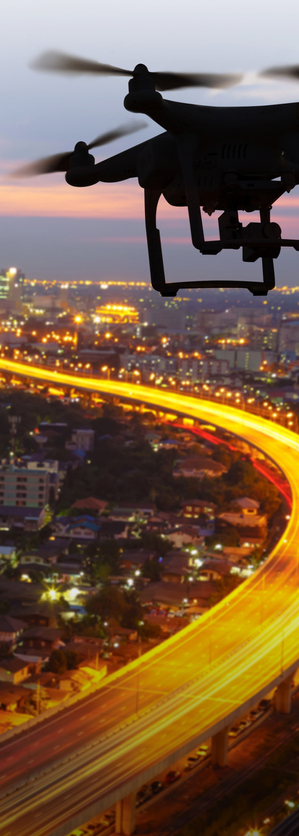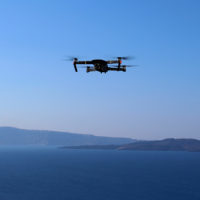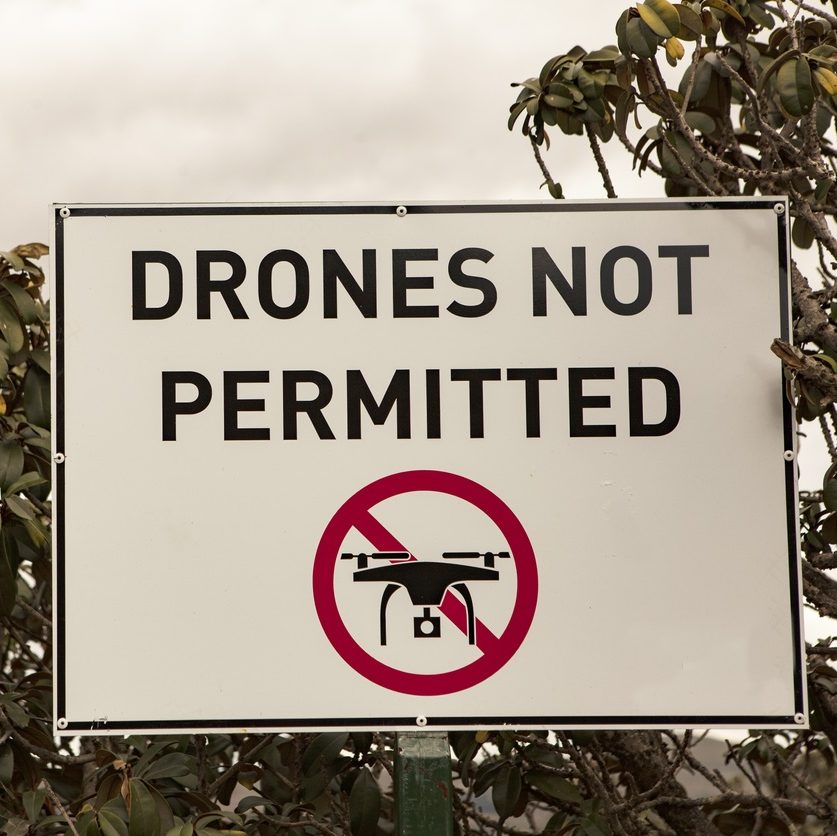
Florida Law Catches Up to Stalking Drones
By James Michael Shaw , Jr., Ryan Hilton | Blog Posts
October 7, 2022
Partner | Extra-Contractual, Construction, Casualty Defense Litigation, Trucking, Third-Party Coverage, Aviation
813-594-5682
rhilton@butler.legal
Overview | Blog Posts | Aviation | Ryan Hilton | Related | Print | Share
Back on December 21, 2015, the Federal Aviation Administration (FAA) required drone owners to register their drones if their drones weighing more than 0.55 pounds and less than 55 pounds (small drones). The registration was valid for three years. Basically, anyone who possessed a drone for recreational use had to pay $5.00 to register their drone online with the FAA. Following that requirement, over 820,000 drone owners had registered their drones. However, in May 2017, the D.C. Circuit Court of Appeals struck down that requirement, finding that the FAA violated its own rule found in the 2012 FAA Modernization and Reform Act that prohibits the FAA from promulgating any rules or regulations regarding model aircraft in Taylor v. Huerta, 856 F.2d 1089, 1090 (D.C. Cir. 2017). After the Taylor decision, the FAA created a form through which registrants could remove themselves from the registry list and request a refund of their $5.00 registration fee they had paid.
Now, drone owners must again register their small drones. On December 12, 2017, President Donald Trump signed a law as part of the $700 billion National Defense Authorization Act. Lawmakers had intended to address the lack of a registry for recreational drones in the aftermath of the Taylor decision by passing a law that required a recreational drone registry, but that legislation was stalled, which is why the language was attached to the defense bill signed by the president.
The registry now again requires all drones weighing between 0.55 and 55 pounds to be entered in the database. Drone owners must also once again pay a $5.00 registration fee and provide their name, email address, and physical address. Their drone must display its unique drone ID number at all times. The registration requirements are set forth on the FAA’s website at https://www.faa.gov/uas/getting_started/registration/.
The Taylor decision and the new drone law that President Trump signed did not affect the requirement to register drones under Part 107, which applies to the commercial operation of drones.
For any further questions, please contact Ryan Hilton.

By James Michael Shaw , Jr., Ryan Hilton | Blog Posts
October 7, 2022


By Ryan Hilton | Blog Posts
January 26, 2021

